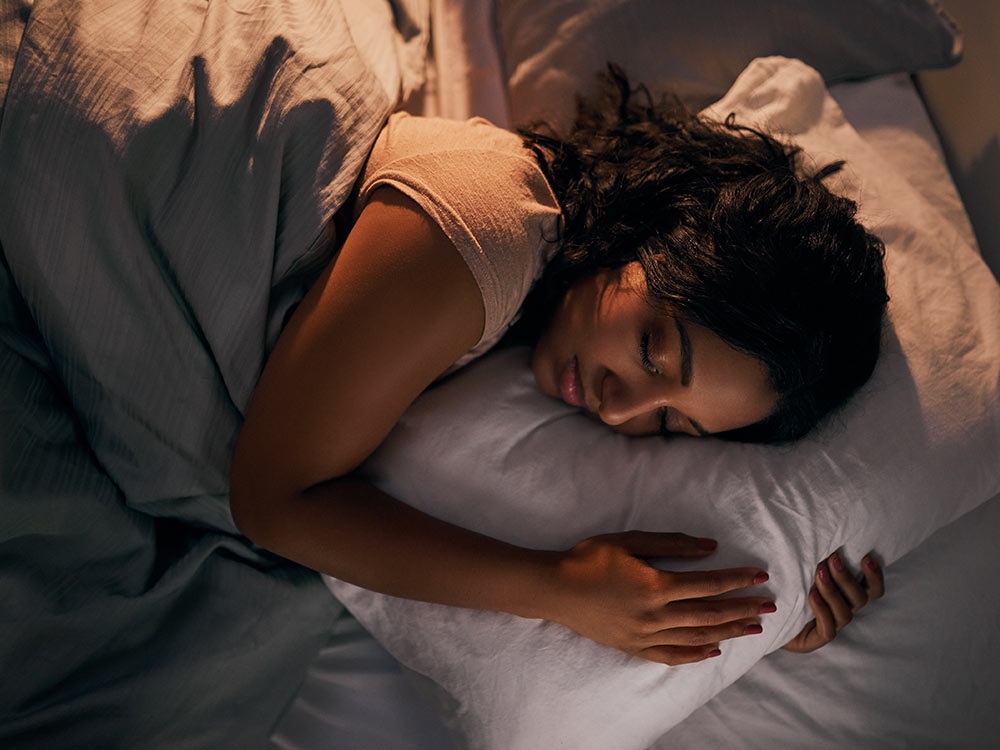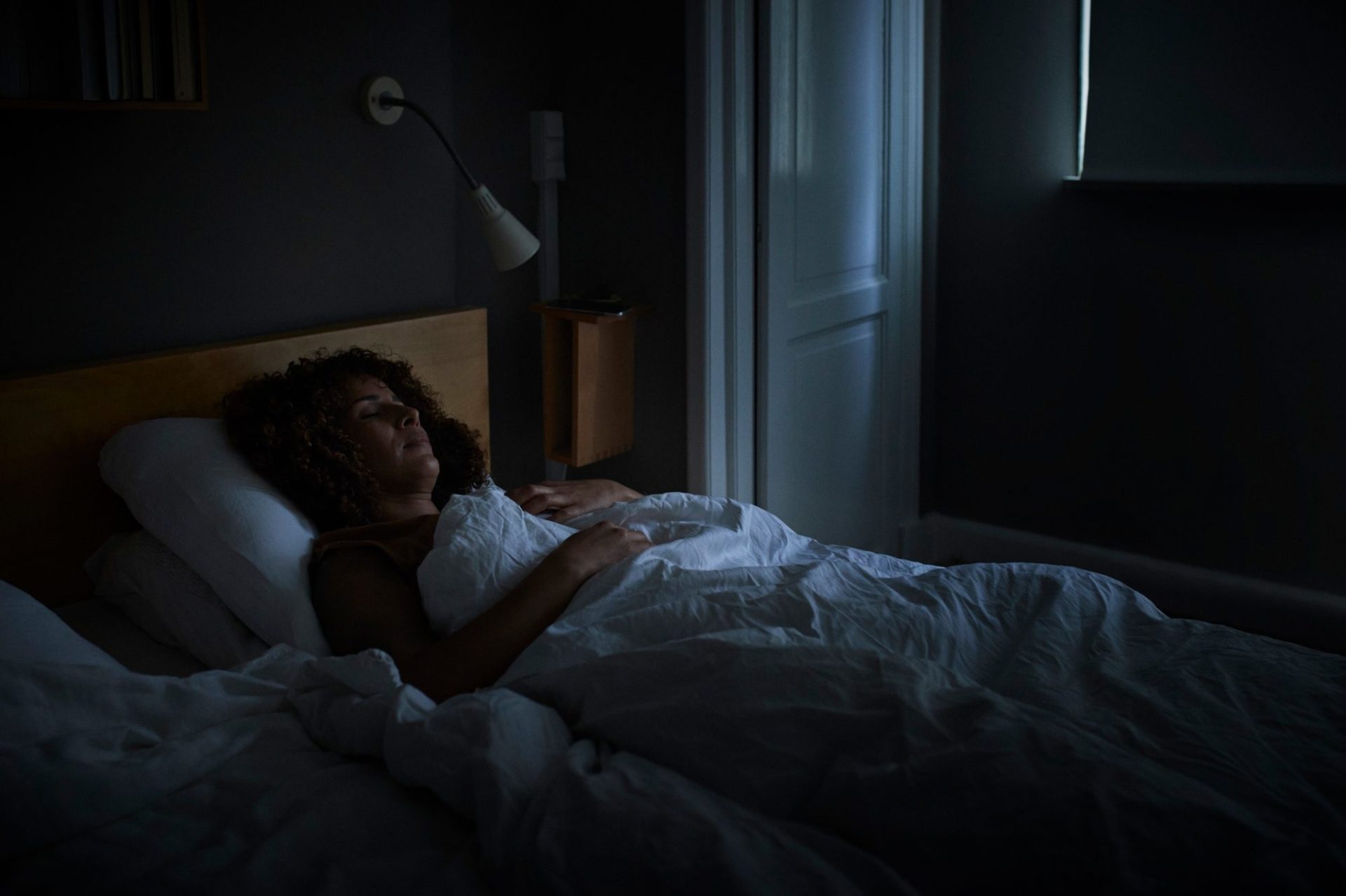Watan-A new study has found that sleeping around 5 hours a night may increase the risk of stroke and heart attack by 70 percent.
Researchers found that middle-aged women who slept less than 5 hours each night were at a 75 percent increased risk of heart failure or stroke.
Scientists at the University of Pittsburgh in Pennsylvania, USA, followed nearly 3000 women aged 42 to 52 over a span of 16 years.
Data analysis revealed that women who regularly slept less than five hours per night were up to 75 percent more likely to experience a range of cardiovascular problems, including stroke, heart attack, heart failure, and coronary artery disease.
Notably, this association remained true even when other potential factors were taken into account, such as body mass index and underlying health conditions.

The researchers suggested that this could be because lack of sleep can raise blood pressure and stimulate insulin resistance, increasing the risk of vascular damage.
They also warned that it increases the risk of obesity – known for its impact on heart health – due to the dysregulation of hunger and satiety hormones in the body.
The Centers for Disease Control and Prevention recommend that individuals get seven to nine hours of sleep each night.
Sleeping around 5 hours a night may increase the risk of stroke and heart attack among middle-aged women, surveys indicate that about half of them do not get the recommended 7 hours of sleep each night.
Women in this age group are already at increased risk of heart disease.
A decrease in estrogen levels after menopause can cause blood vessels to become stiffer, disrupting blood flow to the heart.
The study, published in the American Heart Association’s journal Circulation, used data from the Women’s Health Study Across the Nation, which followed thousands of women over 22 years.
Women were identified before menopause, aged 42 to 52 in 1996, and then followed for the next 16 years.
During the study period, 200 cardiovascular events were reported, including 23 resulting in death.
“Cardiovascular events” were defined as heart muscle shrinkage – or heart attack – or heart attacks or treatment for coronary artery disease.
About 10 percent reported sleep problems every night, while a quarter said they woke up several times during the night.
A total of 363 or 14 percent reported sleeping less than 5 hours each night on average.
While 760 or 30 percent said they slept more than eight hours each night.
The majority of women, 1395 or 55 percent, reported sleeping around six hours and thirty minutes each night on average.
Insomnia
The scientists also conducted a second analysis also looking at reports of insomnia symptoms such as difficulty falling asleep, waking up several times at night, or waking up before the planned time.
The results revealed that women who slept less than 5 hours on average at night and experienced insomnia symptoms more than three times a week were 75 percent more likely to develop heart disease.
They were compared to women who slept the recommended amount and rarely suffered from insomnia symptoms.
The study authors, led by cardiologist Dr. Rebecca Thurston, wrote: ‘Insomnia symptoms, when persistent through midlife or occurring with insufficient sleep, are associated with higher risk for cardiovascular disease among women.’
Among the study’s limitations was that sleep duration and insomnia symptoms were self-reported and not monitored by a medical device such as a smartwatch.
Heart disease remains the number one killer of women in the United States, with around 300,000 women dying from it each year.
Meanwhile, over 60 million women in the United States live with some form of heart disease.
